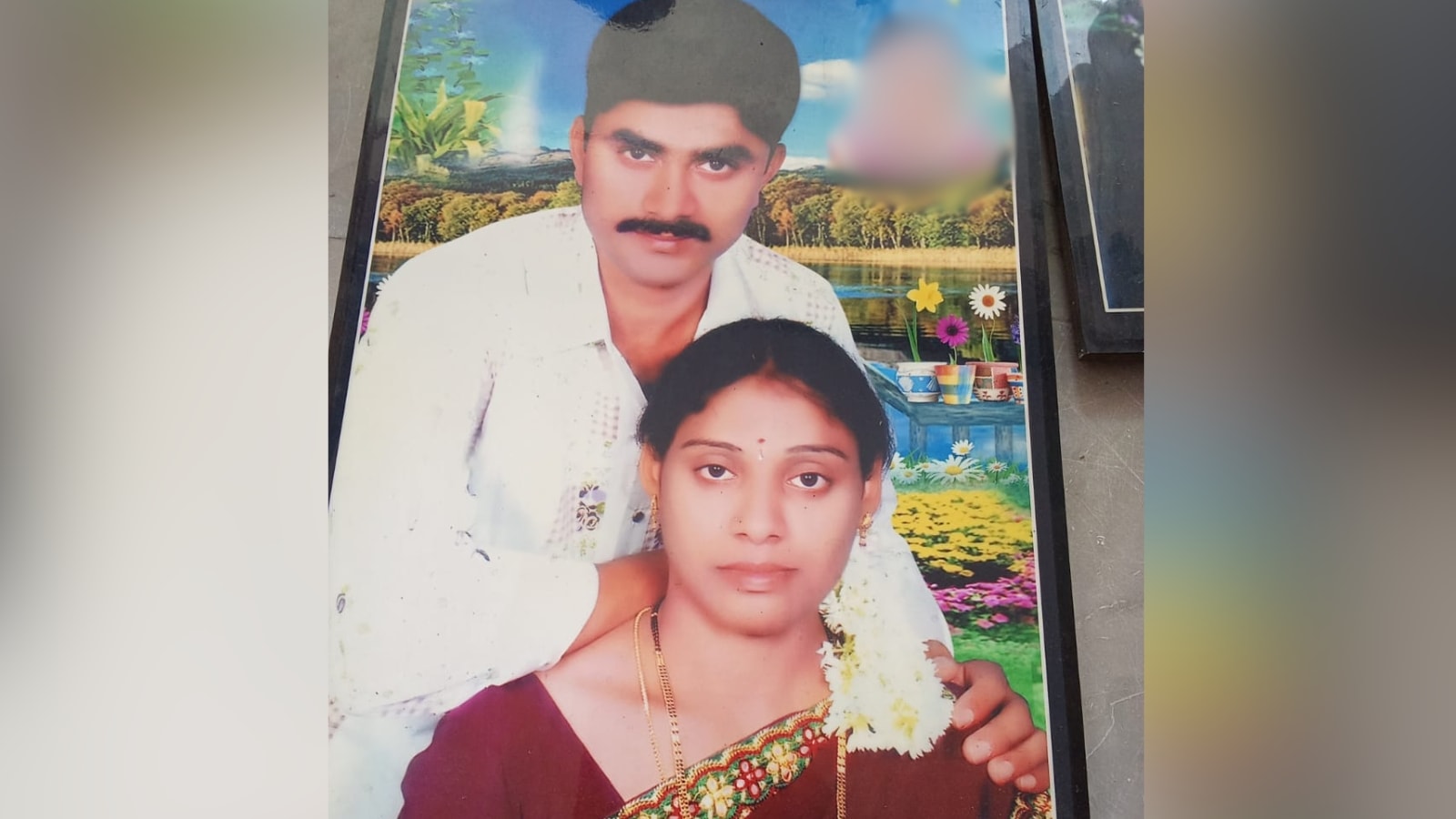 |
|
The chilling case unfolding in Hyderabad, India, centers around the alleged murder of P Venkata Madhavi, a 35-year-old resident of Meerpet, by her husband, Gurumurthy, a former serviceman. Madhavi's disappearance on January 16th, initially reported as a simple missing person case, has spiraled into a complex investigation involving a gruesome confession and a frantic search for evidence. The narrative, pieced together from police statements and news reports, paints a picture of domestic discord escalating to unimaginable violence. The initial missing person report, filed jointly by Madhavi's parents and Gurumurthy on January 18th, presented a seemingly innocuous story of a marital dispute leading to Madhavi leaving home. However, subsequent interrogations revealed a far more sinister truth.
Under pressure from investigators, Gurumurthy confessed to killing his wife in a fit of rage. His account describes a violent altercation culminating in Madhavi's death from a blow to the head against a wall. The sheer brutality of the subsequent acts is shocking. Gurumurthy allegedly dismembered Madhavi's body using kitchen knives, boiled the body parts in a pressure cooker to dispose of them more efficiently, and then ground the remaining bones using a mortar and pestle. These horrifying actions, described in graphic detail, represent an extreme escalation of domestic violence. The remains were then scattered in various locations, most notably in Jillellaguda lake. This methodical approach to concealing the crime suggests premeditation and planning, contrasting sharply with the initial narrative of a spontaneous argument.
Despite Gurumurthy's detailed confession, a crucial element is missing: physical evidence. The police have yet to recover any of Madhavi's remains, leaving the investigation heavily reliant on Gurumurthy's statements. This lack of concrete evidence is a significant obstacle for investigators, prompting caution and a thorough investigation to confirm his claims. While a pressure cooker, knives, and a water heater, all potentially implicated in the crime, have been seized from the couple's residence, these alone are insufficient to secure a conviction. The police, acknowledging the absence of physical evidence, have stressed their commitment to collecting comprehensive technical and scientific evidence to corroborate Gurumurthy's confession. The case highlights the challenges of investigating crimes where the perpetrator actively works to destroy evidence.
The couple's 13-year marriage, characterized by frequent arguments, provides a backdrop to the tragedy. The argument that ostensibly triggered the violence reportedly centered around Madhavi's desire to visit her native village for the Sankranti festivities. This seemingly trivial dispute, magnified by underlying marital tensions, escalated into a horrific act of violence. The fact that their two children were at Gurumurthy's sister's house during the crime raises questions about whether this was a deliberate action to create an alibi. The absence of immediate arrest, despite the confession, underscores the careful approach taken by the police. They are conducting a thorough investigation, focusing on forensic analysis and technical evidence to verify the confession before proceeding with formal charges.
The case underscores several critical aspects of domestic violence and its devastating consequences. The escalation from a marital dispute to murder highlights the potential for extreme violence in domestic settings. The meticulous way in which Gurumurthy attempted to conceal the crime further demonstrates a calculated intent to evade justice. The lack of readily available physical evidence emphasizes the challenges faced by law enforcement in these cases. Furthermore, the psychological impact on the community, particularly the residents of Meerpet who are shocked by the alleged brutality of the crime, cannot be understated. The case serves as a grim reminder of the insidious nature of domestic violence and the need for continued efforts in prevention, detection, and prosecution.
The ongoing investigation will likely involve extensive forensic analysis of the seized items and potential searches of the locations where Gurumurthy claims to have disposed of the body parts. Water samples from Jillellaguda lake may be analyzed, along with any soil samples from other disposal sites. The police are also likely to interview family members, neighbors, and colleagues to gather additional information and build a stronger case. The outcome of this investigation will determine whether Gurumurthy's confession holds up under scrutiny and whether justice will be served for Madhavi. The case serves as a sobering reminder of the hidden violence that can occur within seemingly ordinary families, and the critical need for support systems and intervention strategies to address domestic violence effectively.
In conclusion, the Hyderabad murder case presents a complex and disturbing picture of domestic violence, culminating in a horrific crime. The investigation is hampered by the lack of readily available physical evidence, making the confirmation of Gurumurthy's confession crucial. The methodical nature of the crime, coupled with the absence of immediate arrest, underscores the meticulous approach required by law enforcement. This case highlights the dark side of human nature and serves as a stark warning about the dangers of unresolved marital conflicts and the importance of seeking help when facing domestic violence. The impact extends beyond the immediate family; the community is left reeling, grappling with the shock and horror of the crime. The investigation's progress will be closely watched, not only for its legal implications but also for its potential to raise awareness about domestic violence and its devastating consequences.
Source: Hyderabad man confesses to killing wife, boiling body parts & grounding her bones: 10 developments
